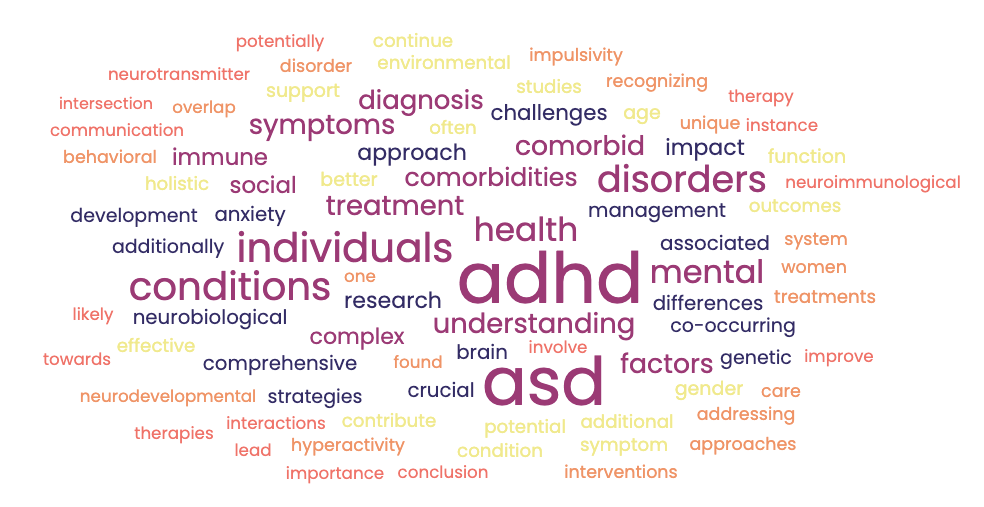There are many views of happiness but messages from our society seem to promote the idea that we “should” be happy all of the time, and instantly so. However, recent evidence suggests that meaning, purpose and authenticity are key to well-being. In this post, we will explore methods of getting in touch with your core values and taking steps to live them out today.
From ancient Greek philosophers to modern psychological researchers the question of how to define well-being has been controversial and elusive. The modern definition of hedonic well-being is focused on subjective well-being, the presence of positive mood and the absence of negative mood. In this view people are happiest when experiencing maximum amount of pleasure with the least amount of displeasure.
The eudaemonic view of well-being places less emphasis on subjectively felt happiness and places authenticity at the center of the definition of well-being. The experience of eudaemonia occurs when people’s daily activities are congruent with their most deeply held values (Waterman, 1993). People who have lives characterized by daily actions that are in line with their core values, they experience a sense of feeling intensely alive and authentic.
Ryff and Singer (1995, 2000) have described psychological well being which includes actualization across six domains: autonomy, personal growth, self-acceptance, life purpose, mastery and positive relationships. They have presented evidence to suggest that eudaemonic living can influence both emotional and physical health.
Therefore, an important step to cultivating a life of wellness and vitality is to define your core values and begin enacting them in your daily life. The idea of living a value driven life is foundational to Acceptance and Commitment Therapy, a therapeutic intervention developed by Steven Hayes. This evidence-based therapy is part of the third wave of cognitive therapy that incorporates mindfulness practices and values based behavior change. Below are some activities
Define you core values:
- Write your own eulogy.
- How would you want the people close to you to describe your relationship?
- What would you want people to say about your character and personal strengths?
- What would you want people say you stood for in your life?
- What would you want people to say about your achievements or the legacy you left behind?
- Think of someone you admire or who inspires you.
- Write down their unique qualities.
- Choose those qualities that you would like to bring to your own life.
- Write down the various roles you have in your life (father, son, brother, student, husband, wife, etc).
- Now, take the qualities that you’ve chosen from above and place them in front of your various roles (e.g. loyal friend).
- If you are having difficulty defining your core values, consider the list below:
Acceptance
Adventure
Caring
Committed
Courage
Creativity
Curiosity
Efficiency
Engagment
Fairness
Friendliness
Forgiveness
Fun/humor
Genuine
Gratitude
Honesty
Integrity
Intimacy
Kindness
Loving
Respect
Responsibility
Self-care
Sexuality
Supportiveness
Trust
Take steps to live out your core values:
- Think about the domains in your life (work, family, school, health, community) and specifically how the core values you’ve identified would look in these domains.
- Describe a concrete action you can take today to embody your values.
- What long-term actions can you take to bring you closer to living out these values?
- What are some barriers you have to living out your core values? Explore the thoughts and feelings that may be keeping you from committing to valued action.
REFERENCES
Ryff CD, Singer B. 1998. The contours of positive human health. Psychological Inquiry, 9:1–28
Ryff CD, Singer B. 2000. Interpersonal flourishing:A positive health agenda for the new millennium. Personality and Social Psychology Bulletin, 4:30–44.
Waterman AS. 1993. Two conceptions of happiness: Contrasts of personal expressiveness (eudaimonia) and hedonic enjoyment. Journal of Personality and Social Psychology, 64:678–91
To read more about Acceptance and Commitment Therapy please visit: https://contextualscience.org/about_act








